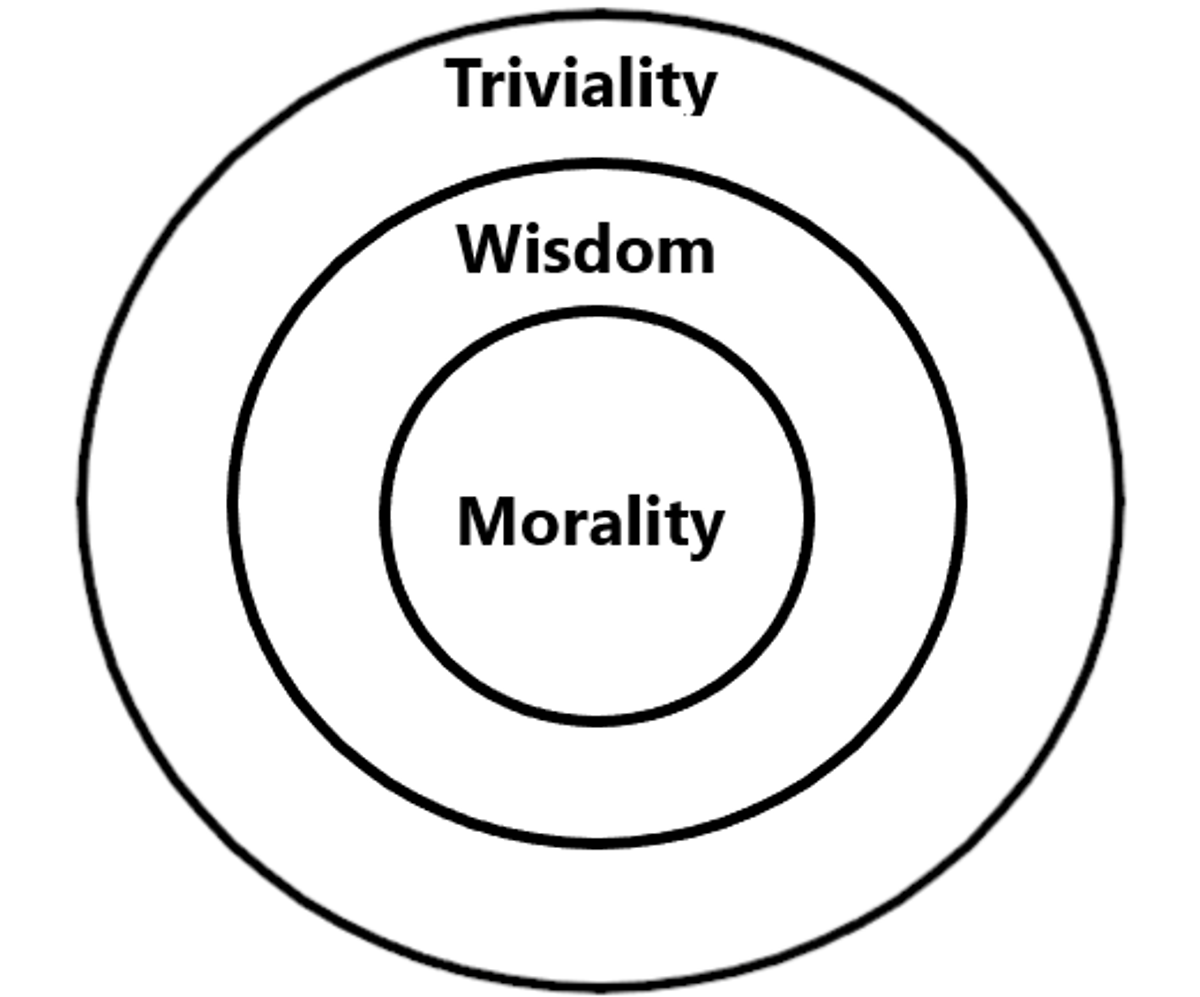COLLEGE COUNSELLOR

From The Counsellor’s Desk
Goal Setting: Why set goals?
Socrates — 'An unconsidered life is not one worth living.'
Goal setting and achievement is always a relevant topic and in these times perhaps even more relevant because of our need to feel in control of some aspects of life when there is so much change and uncertainty. My first article in this series was about attribution theory and goal setting and the next was about establishing a legacy and thinking about what our goals are taking us toward. With this overarching purpose in mind we need to generate goals which will be fulfilling and work toward this purpose.
Why set goals?
It has been rightly said that “If you aim at nothing you will definitely achieve it.” Effective goals clearly articulate the direction we want our lives to take by looking at the destination we want to reach. Operating without clear goals is like flying a plane without considering where you want to go… there is a reason no-one does this. Randomly wandering through life will get you to places you really don’t want to go.
Consumers or Producers
The world wants you to be a consumer. That is because they want you to consume; to buy. The impression imposed upon us is that life is about possessions or money or experiences. “He who dies with the most toys wins”- Malcolm Forbes.
We all know deep down that being a consumer is not fulfilling. We know that striving and chasing and consuming is a hollow dream. When we get to the top, we find there’s nothing there.
We were made for more. We were made to be producers and cultivators. We were made to take responsibility for and cultivate our relationships. We were made to take responsibility for and cultivate a job or a business or a family or a community. This is why we need goals. We need to aim for something meaningful and set out to achieve it.
The 3 Categories of Decision Making
When we are considering our goals it is important to understand that there are three levels of decision making.
Morality
Some decisions are a matter of morality, one direction is morally right and the other morally wrong. For example, considering a goal of becoming the best thief in Australia while specific and potentially well defined is morally wrong and should be avoided.
Wisdom
Other decisions are not morally right or wrong but matters of wisdom. It's not necessarily wrong of me to aim to be the best at the game “Minesweeper” but it may just be unwise.
Triviality
Then there are those matters that are trivial in nature. These are things that really don’t matter like whether you have a shower or a bath. It is important that you spend very little time deciding on these.
You should feel the freedom to choose goals that are meaningful and fulfilling (see my previous article for tips on meaningful goals) but obviously our goals should not be immoral and we should make them as wise as possible. In the next article I will look at effective goal setting and how to set yourself up for success in achieving your goals.
Don’t forget to check out the TRAC Wellbeing website for tips and interesting mental health resources.
Michael Lance | College Counsellor




